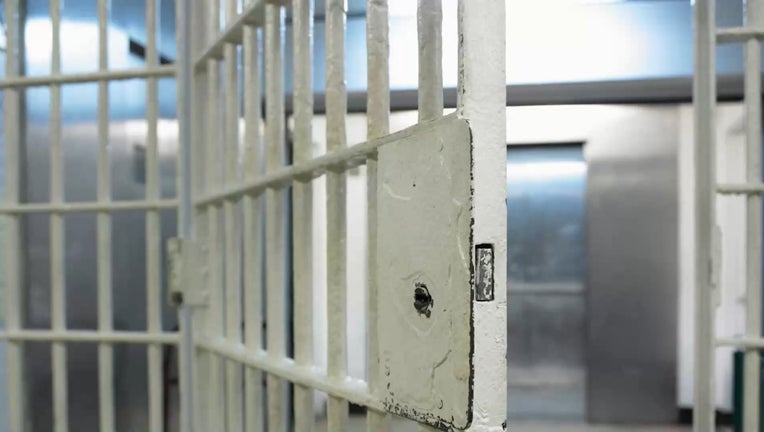California eyes ending cash bail system, rolling back crime reforms

SACRAMENTO, Calif. - California could become the first state to completely end cash bail, even as voters are weighing whether to roll back other criminal justice reforms enacted during the last administration of Gov. Jerry Brown.
Proposition 25 would substitute risk assessments to decide who should remain in jail while awaiting trial. While most other states have altered their pretrial release policies, California could be the first to eliminate cash bail entirely in voting that ends Tuesday.
Separately, Proposition 20 would restore some criminal penalties, including again barring those convicted of certain serious offenses from earlier release. It also would increase penalties for those convicted of repeated retail thefts, toughen parole standards and allow for broader DNA collections.
Proponents say the rollbacks are needed to address what they call the “unintended consequences” of two previously approved ballot measures. Voters in 2014 approved lower penalties for drug and property crimes and two years later allowed most felons to be paroled from prison earlier.
Opponents say Proposition 20 would set back reforms just as the nation focuses on a criminal justice system that has treated people of color inequitably. They outraised supporters of the measure with help from the former governor, who chipped in $1 million from his left-over campaign account.
The fate of the measure likely comes down to whether people feel safe, said Ron Lawrence, immediate past president of the California Police Chiefs Association, which supports the initiative.
Violent and property crime rates continued their decline through last year, but the nonprofit Public Policy Institute of California reported a “troubling” increase in assaults and homicides during the coronavirus pandemic in Los Angeles, Oakland, San Diego and San Francisco. Rapes and robberies were down, as were larcenies and residential burglaries, but car thefts and commercial burglaries increased.
The bail measure led to an unusual clash between reform groups.
State Sen. Bob Hertzberg, a Democrat from Los Angeles, wrote the 2018 law eliminating cash bail, but it stalled when the bail industry challenged it at the ballot box. He said ending cash bail would put California “on the path to a more fair and more safe justice system that treats everyone equally under the law.”
Several prominent civil rights groups agree the current system is broken but said the proposed fix might be even worse because it relies on algorithmic risk assessments that The Bail Project says “codify systemic racism and could lead to higher rates of incarceration in some jurisdictions.”
Yet those who want to eliminate cash bail outraised those opponents nearly 2 to 1, contributing more than $15 million to the contest.
While most states recently have altered their pretrial release laws or policies, voters’ approval of Proposition 25 would make California “the only state with a complete prohibition on fiscal conditions of release,” according to National Conference of State Legislatures criminal justice expert Amber Widgery.
Under the new system, no one would pay bail and most misdemeanor suspects would remain free.
Those charged with felonies or misdemeanor domestic violence, sex offenses or driving while intoxicated would be evaluated for their perceived risk of committing another crime or not appearing in court. Most would eventually be released, unless they are accused of certain crimes like murder or arson, or if a judge finds there are no conditions like electronic monitoring that could ensure their appearance at future hearings.

